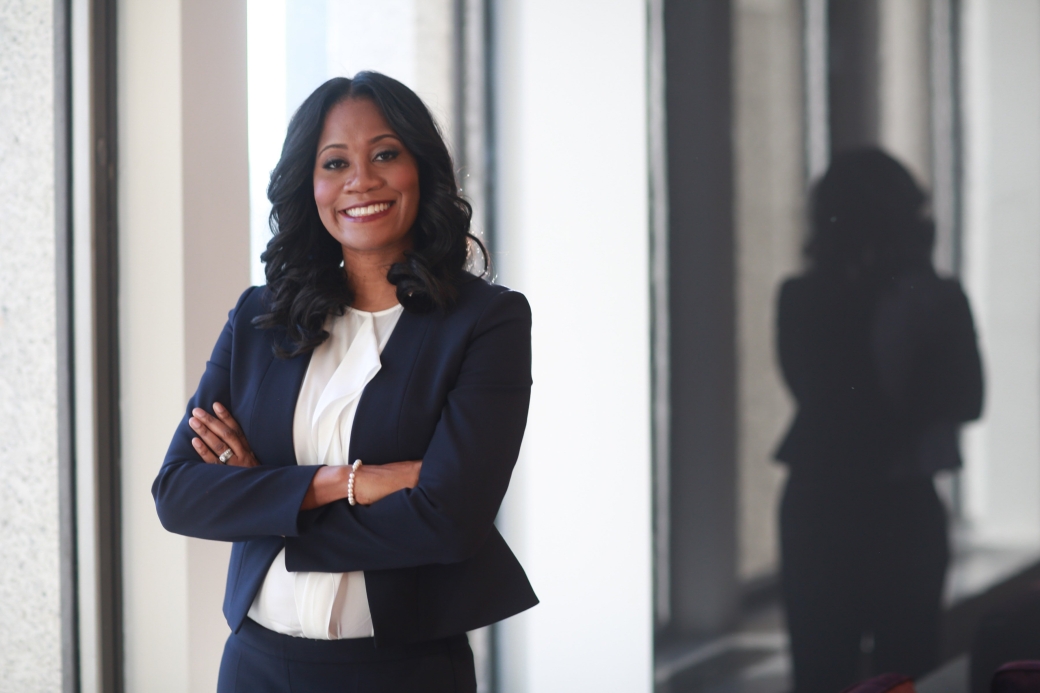Connecting Words: From Interpretation to Conflict Resolution
“This semester has blown my mind so far,” says Middlebury Institute student Anna Wohlrab, who is adding a certificate in conflict resolution to her degree in interpretation with an eye on combining her love for languages with a passion for social justice.

